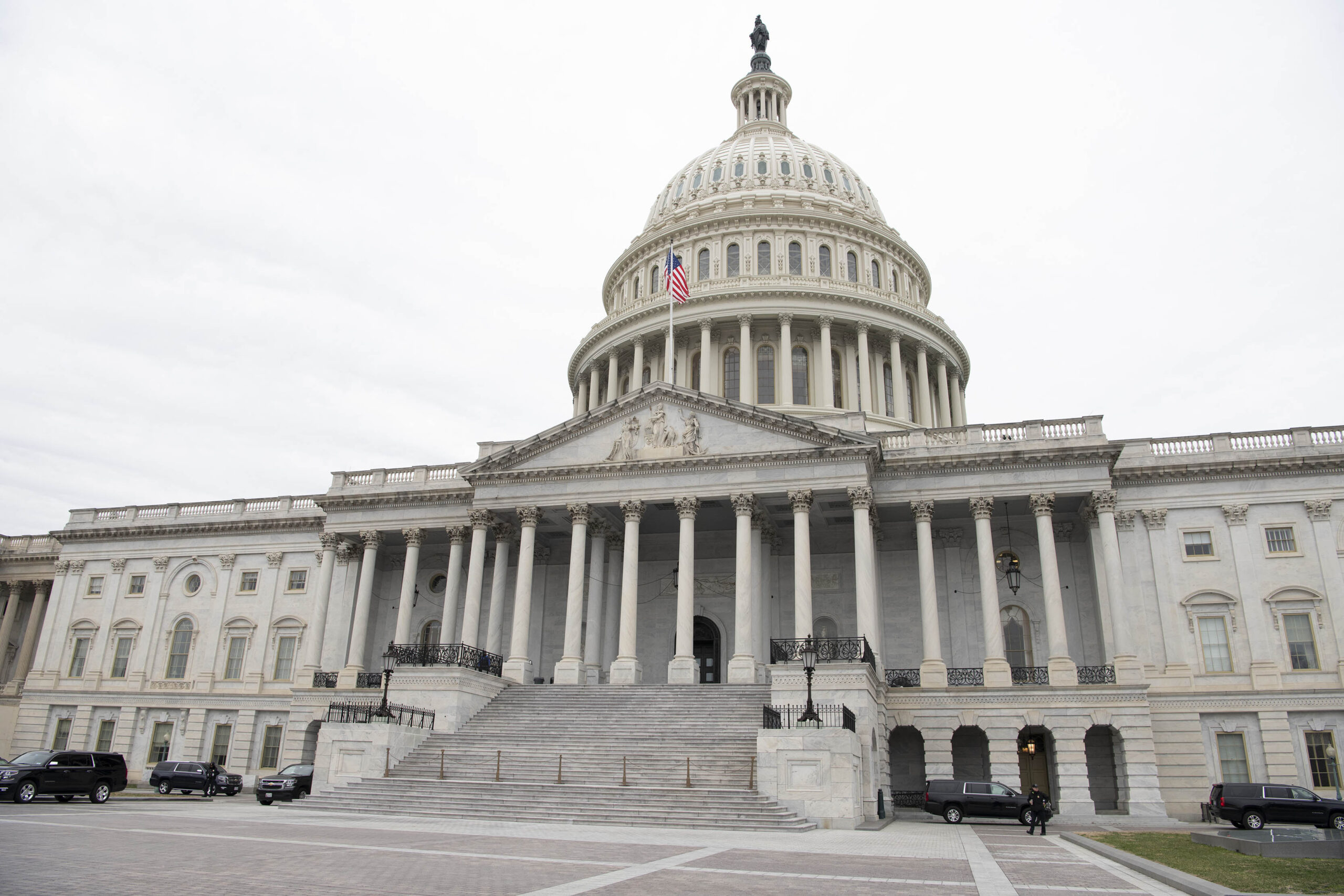
- A federal bill has been reintroduced to repeal the sports betting handle tax
- Bill authors believe the tax negatively impacts the regulated sports betting market
- The sports betting handle tax rate is 0.25%
Two federal lawmakers have reintroduced legislation they believe will help support the U.S. regulated sports betting market.
Representatives Dina Titus (D-NV) and Guy Reschenthaler (R-PA), co-chairs of the bipartisan Congressional Gaming Caucus, recently reintroduced legislation to repeal the 0.25% excise tax placed on all legal sports bets in the U.S.
The “handle tax” was legalized in 1951 to counter illegal U.S. gambling.
Handle Tax Harms Legal Sports Betting Markets
This is the fourth time Reps Titus and Reschenthaler have introduced legislation to repeal the handle tax. The representatives introduced bills in 2019, 2021, and 2023.
The tax, Titus said, does nothing to dissuade illegally operating sports betting markets and only unfairly penalizes the regulated U.S. sports betting market.
“The Discriminatory Gaming Tax Repeal Act of 2025 repeals a tax that does nothing except penalize legal gaming operators for creating thousands of jobs in Nevada and 37 other states around the nation,” Titus said. “Illegal sportsbooks do not pay the .25% sports handle tax and the accompanying $50 per head tax on sportsbook employees, giving them an unfair advantage. I once asked the IRS where the revenue from the handle tax went in the federal budget and they didn’t even know. It makes no sense to give the illegal market an edge over legal sports books with a tax the federal government does not even track.”
The U.S. gaming industry provides over one million jobs, including over 33,000 jobs in Pennsylvania, and generates more than 70 billion dollars for state and local governments throughout the country, Congressman Reschenthaler said.
The sports betting handle tax only incentivizes the illegally operating markets, he said.
“Unfortunately, outdated tax codes and burdensome regulations penalize legal operators and incentivize illegal activity. The Discriminatory Gaming Tax Repeal Act of 2025 will ensure the gaming industry can support good-paying jobs and promote economic growth in southwestern Pennsylvania and across the nation. I’m proud to join Gaming Caucus Co-Chair Titus in introducing this bipartisan legislation, and I urge our colleagues in the House to support it,” he said.
The repeal of the tax would be welcomed by the regulated U.S. gaming industry, which had a successful 2024, according to the American Gaming Association.
Gambling Industry Had Record Setting Year
According to a recent “state of the industry” address from the American Gaming Association, U.S. commercial gaming revenue reached an annual record of $71.92 billion in 2024.
“In 2024, Americans embraced the diverse legal gaming options available to them—whether in casinos, at sportsbooks, or online—leading to another record-setting year for our industry,” said AGA President and CEO Bill Miller. “As we build on this success, the AGA remains committed to fostering additional growth that benefits consumers, operators, and communities alike.”
In 2024, nationwide sports betting revenue reached $13.71 billion, a 25.4% increase from 2023’s record of $11.04 billion. Also, online casino revenue grew 28.7% year-over-year to $8.41 billion in the seven states with full-scale legal iGaming. All six previously established iGaming markets achieved new annual revenue records.
Federal lawmakers have reintroduced a bill that aims to repeal the tax on sports betting handle, a move that could have significant implications for the burgeoning sports betting industry in the United States.
The bill, known as the “Handle Tax Repeal Act,” was first introduced in Congress last year but failed to gain traction. However, with the growing popularity of sports betting and the increasing number of states legalizing the activity, lawmakers are once again pushing for its passage.
The tax on sports betting handle, which is currently set at 0.25% of all wagers placed, has been a point of contention for many in the industry. Proponents of the tax argue that it helps generate revenue for state governments and funds programs aimed at combating problem gambling. However, opponents argue that it places an unnecessary burden on sportsbooks and ultimately hinders growth in the industry.
If the Handle Tax Repeal Act were to pass, sportsbooks would no longer be required to pay the tax on their total handle. This could potentially lead to lower operating costs for sportsbooks, which could in turn result in better odds and promotions for bettors.
The reintroduction of this bill comes at a time when sports betting is experiencing unprecedented growth in the United States. Since the Supreme Court struck down the federal ban on sports betting in 2018, more than half of all states have legalized the activity in some form. This has led to a surge in revenue for sportsbooks and increased interest from both consumers and investors.
While it remains to be seen whether the Handle Tax Repeal Act will ultimately pass, its reintroduction signals a growing recognition among lawmakers of the need to support and nurture the sports betting industry. As the debate over sports betting continues to evolve, it is clear that this issue will remain a key point of contention for years to come.